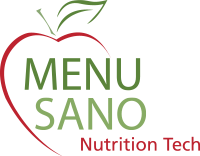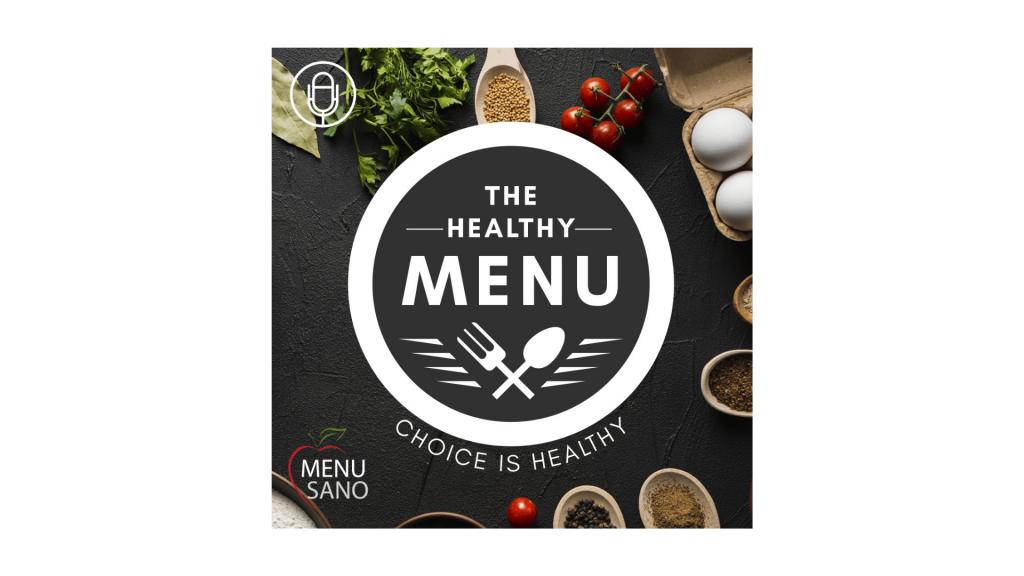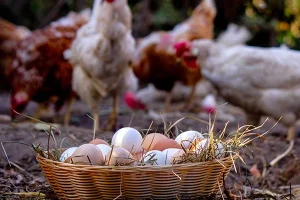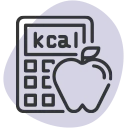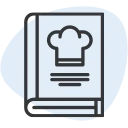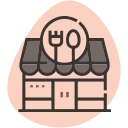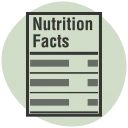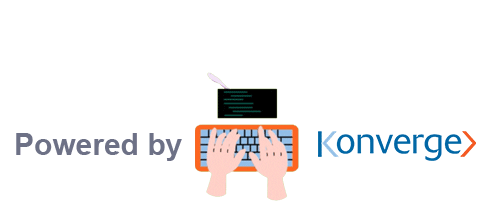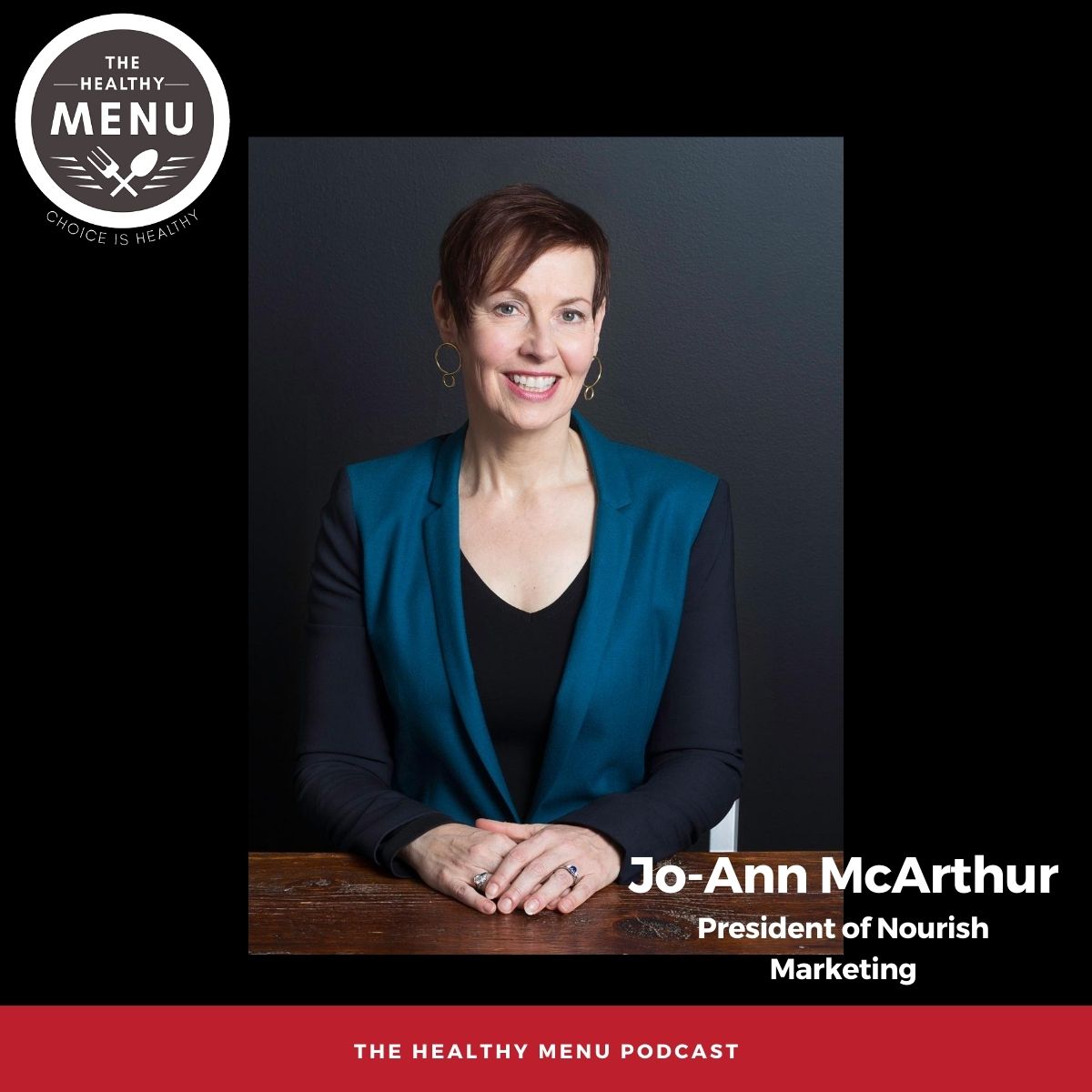 Whilst foodservices and hospitality establishments prepare to reopen, there’s a lot to consider and adapt to thanks to the residual effects of COVID. In Canada alone, it is estimated that 1 in 10 restaurants have permanently closed as a direct result of the pandemic. Closing was hard, and now that businesses are re-opening, it is time to look forward.
Whilst foodservices and hospitality establishments prepare to reopen, there’s a lot to consider and adapt to thanks to the residual effects of COVID. In Canada alone, it is estimated that 1 in 10 restaurants have permanently closed as a direct result of the pandemic. Closing was hard, and now that businesses are re-opening, it is time to look forward.
The latest episode of our podcast features Jo-Ann McArthur, the President of Nourish Marketing – Canada’s only full-service marketing agency working exclusively with food, beverage, and agricultural clients. Jo-Ann has spent a career building brands with consumers and retailers at Molson, Procter and Gamble, Unilever and Cadillac Fairview. Jo-Ann is also the founding chair of the Sponsorship Marketing Council of Canada, a Past President of The Empire Club of Canada where she hosted leaders from around the globe, and serves as Past Chair of ABC Life Literacy Canada.
The Healthy Menu Podcast – Episode 16: Operating in a Post-COVID World with Jo-Ann McArthur of Nourish Marketing
Light Transcript of Interview
S: Welcome Jo-Ann, so happy to have you on our podcast today, can you tell us a little bit about yourself and your career and some of your achievements and what your goal is with Nourish Food Marketing?
JA: Sure, so I had sort of what I call a classical marketing background, so I started my career off at Procter & Gamble, which was over 30 years ago and very different being a marketer back then. I could literally buy an ad across the three television stations that were big in Canada at the time and reach 95% of my target market and the same as when I moved over to Unilever.
So now, with digital, you know, obviously a very fragmented market, very different and in fact, if you look at the world of smartphones, the average consumer actually has more power in the palm of their hand with that phone than I did as a marketer spending multi-million dollars on a TV ad campaign. So the balance of power, in some ways have really really shifted and so Procter & Gamble and Unilever are the two great packaged goods companies in the world and I had the privilege of working with both of them. I spent some time at Cadillac Fairview. They have a bunch of shopping malls across the country and I really got to understand retail and how retail works and then on the client-side I ended my career as president of a division of Molson Breweries and part of the North American management team and during that time I saw a real shift in terms of brand loyalty and it was a shift away from big brands to the smaller craft brands and I think that trend started in beer first but it’s morphed over time into other food categories.
I founded Nourish Food Marketing about 11 years ago and I thought it would be smart to specialize. You know, it’s good to know a lot about a little so if you want us to help you sell cars we can’t do it, but in terms of food in marketing, we cover the whole food ecosystems from producers, processors, manufacturers, retailers, not for profit associations we covered the whole gamut and so I think we understand how things in food and beverage connect really well. We have offices across the country and we have test kitchens and chefs who are developing recipes, food stylists, photographers, videographers; everybody who works at Nourish is a food and beverage specialist so it’s a fun place to work and hard not to pack on a few pounds.
S: Can you tell us a little about how your experience has helped you prepare for how the marketing world has changed over the years?
JA: Sure, I mean I think both companies – practically all of those companies are really good at tracking consumer trends, at understanding what consumers want in terms of new product development coming up with products that have a true point of difference. So, understanding the whole consumer journey that’s great, but I think over time, as I mentioned, you know the world has changed a lot over those 30 plus years but in hindsight, I would say probably in the last 6 months the rate of change has overtaken those past 30 years in terms of what we’ve seen with COVID and people’s behavior change.
I’m not sure anything could prepare anybody for what happened, nobody could predict it. One thing that served me well is a perpetual beta model, so you know, always trying to – that iterative change concept that they use in Silicon Valley of having a viable product without – you know, getting it 80% right, don’t worry about it being a 100% right and just continue to improve, measure, tweak. So that still holds well now, and just – flexibility, right? That’s going to serve everybody well right now.
S: For sure, I totally agree with that. That’s one of the things that we’ve always based off of, 80% get it to market and then learn from users and keep making the product even better and I think a lot of companies are going back to that and and having that process in place so that they can get things out faster.
